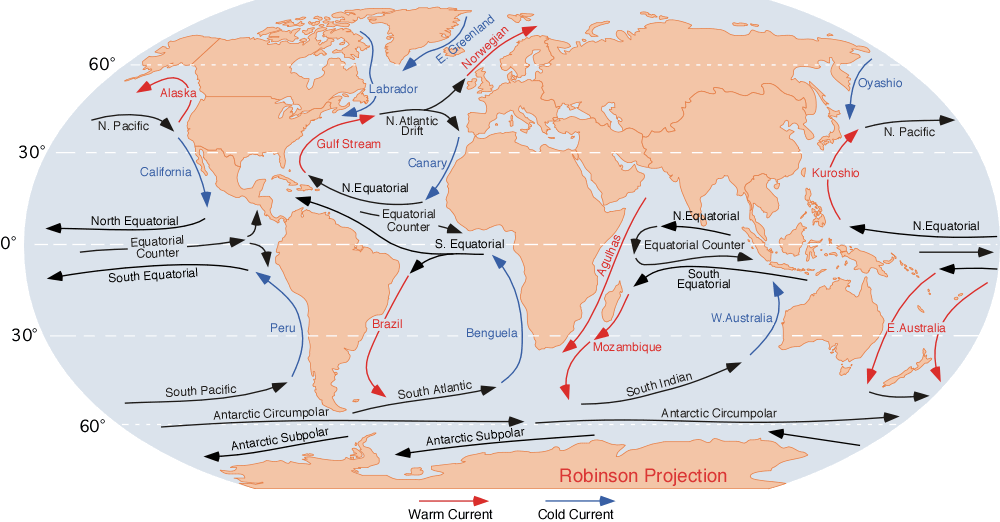Though it is experiencing one of the most spectacular economic expansions in history, China is having more trouble maintaining social order than at any time since the Tiananmen Square democracy movement in 1989.China (and perhaps the Bush administration) hasn't learned the lesson that greed and the amassing of individual power is not the solution to every problem. A society (either ours or the Chinese) divided between extreme haves and extreme haves not's cannot survive in peace.
Police statistics show the number of public protests reached nearly 60,000 in 2003, an increase of nearly 15 percent from 2002 and eight times the number a decade ago. Martial law and paramilitary troops are commonly needed to restore order when the police lose control.
China does not have a Polish-style Solidarity labor movement. Protests may be so numerous in part because they are small, local expressions of discontent over layoffs, land seizures, use of natural resources, ethnic tensions, misspent state funds, forced immigration, unpaid wages or police killings. Yet several mass protests, like the one in Wanzhou, show how people with different causes can seize an opportunity to press their grievances together.
See the next post on risk for how we seem to be following the same path except with a bit more subtlety.
 The only reason to bother writing about it is that it keeps getting good notices. I heard Kevin Turan on the radio this morning praise it as the kind of movie grown-ups want Hollywood to make.
The only reason to bother writing about it is that it keeps getting good notices. I heard Kevin Turan on the radio this morning praise it as the kind of movie grown-ups want Hollywood to make.




 Gross in Slate
Gross in Slate 
 book, Fantastic Voyage: Live Long Enough to Live Forever, published by the health publisher Rodale Press, Ray Kurzweil prescribes a regimen for long life. Here's how
book, Fantastic Voyage: Live Long Enough to Live Forever, published by the health publisher Rodale Press, Ray Kurzweil prescribes a regimen for long life. Here's how  visiting my brother, sister-in-law, and parents in New York—after visiting
visiting my brother, sister-in-law, and parents in New York—after visiting  my wife's family in Boston. It's cold for me here—especially since I live in Southern California.
my wife's family in Boston. It's cold for me here—especially since I live in Southern California. 


 named, naturally, copy cat.
named, naturally, copy cat. 

 Apollo Group, Sperling is an 83-year-old billionaire and an unapologetic rabble-rouser whose long-term passion has been delivering meaningful, affordable degree programs to working adults."I've never been interested in making widgets or anything like that," he says hotly. "I want to improve the quality of life for my fellow men. I am, by nature, an improver--and a meddler."
Apollo Group, Sperling is an 83-year-old billionaire and an unapologetic rabble-rouser whose long-term passion has been delivering meaningful, affordable degree programs to working adults."I've never been interested in making widgets or anything like that," he says hotly. "I want to improve the quality of life for my fellow men. I am, by nature, an improver--and a meddler."





 published a talk with Benoit Mandelbrot. Approaching 80, he sums up how he sees his life's work.
published a talk with Benoit Mandelbrot. Approaching 80, he sums up how he sees his life's work.  For the last two years, he has shown dramatic video footage of healed rats walking to scientific gatherings [I doubt that the rats walked all the way from Irvine to the conferences!] and during campaign events to promote California's $3 billion bond measure to fund stem cell work, which passed in November. …
For the last two years, he has shown dramatic video footage of healed rats walking to scientific gatherings [I doubt that the rats walked all the way from Irvine to the conferences!] and during campaign events to promote California's $3 billion bond measure to fund stem cell work, which passed in November. …




 has an excellent article on today's LA Times (
has an excellent article on today's LA Times ( observers recently got to watch Republican wedge politics go down, in textbook fashion.
observers recently got to watch Republican wedge politics go down, in textbook fashion.  email message. It seems to be phishing for my personal information.
email message. It seems to be phishing for my personal information.

 A friend has some interesting economic suggestions.
A friend has some interesting economic suggestions.
 should publicly accept responsibility I'm not arguing that a formal trial-like process would pin the blame directly on him.
should publicly accept responsibility I'm not arguing that a formal trial-like process would pin the blame directly on him.
 One of the basic elements of values is holding oneself to a high standard. Does he? It doesn't seem so. As quoted in the previous piece, when asked about his reaction to the Presidential Daily Briefing (PDB) entitled 'Bin Ladin Determined To Strike in US,' Bush said that the PDB didn't have enough information for him to take any action. Perhaps it did; perhaps it didn't. But certainly from hindsight, we would have been much better off had he acted. Why hasn't he expressed any regret about not having acted? Does he feel any regret?
One of the basic elements of values is holding oneself to a high standard. Does he? It doesn't seem so. As quoted in the previous piece, when asked about his reaction to the Presidential Daily Briefing (PDB) entitled 'Bin Ladin Determined To Strike in US,' Bush said that the PDB didn't have enough information for him to take any action. Perhaps it did; perhaps it didn't. But certainly from hindsight, we would have been much better off had he acted. Why hasn't he expressed any regret about not having acted? Does he feel any regret?


